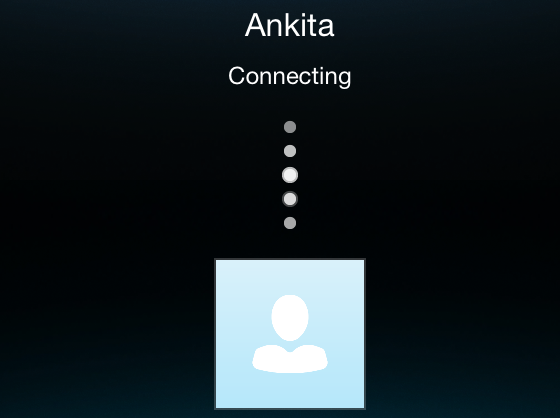As Congress, the FCC, the President, and telecom lobbyists have conspired to make it easy and legal for internet service providers to sell your private data to advertisers, you may have heard a simple piece of advice: Get a VPN.In theory, this is solid advice. A virtual private network adds a layer between your computer and the internet, making it harder for your ISP to track your browsing habits. The thing is, using a VPN sucks.
Advertisement
Modern VPNs are better than ones you may have experimented with a few years ago, but "use a VPN" is not a feasible longterm, everyday privacy protection strategy for the masses.VPNs Are SlowThis week, I have been using F-Secure's Freedome and Private Internet Access, the two VPNs most often recommended by cybersecurity experts. Both are easy to buy (they both use subscription-based models), easy to install, and easy to turn on.
But with the services enabled, they both offer an objectively worse internet experience than you're used to.For example, here's a speed test I did with my VPN turned off:
Here's one I did with Freedome turned on:
And here's one I did with Private Internet Access turned on:
So, I'm getting speeds that are many times slower with my VPN turned on, which makes sense, because my connection is being routed somewhere else before it hits the open internet. In practice, I found the speed issue to be only mildly annoying with either VPN turned on. But not many people who are paying for 100 Mbps connections are going to deal with consistently getting only five percent of that.Some Stuff Doesn't WorkThe bigger issue is that many web services don't play nicely with VPNs and vice versa. Freedome largely blocks torrenting and peer to peer connections. I was able to get a torrent file to work by connecting to a network in another country, but when I went to watch a video on Twitter, the content wasn't available in my country (which was now Denmark).
Advertisement

These minor annoyances popped up repeatedly over the course of the week. Netflix attempts to block all traffic coming from VPNs; Freedome seemed to work with Netflix anyway, but Private Internet Access didn't. With both VPNs, I was repeatedly kicked off of Slack and Google Hangouts for a few minutes at a time. For a few hours, I couldn't make a Skype call using either VPN but was able to later. At one point while I was using Freedome, I was blocked from reading F-Secure's FAQ about sites that Freedome blocks. Many VPNs also don't play well with so-called content delivery networks that make much of the web work these days.Some of these problems were fixed by refreshing the page several times, some of them weren't. Sometimes my Slack messages would send, other times they wouldn't. Sometimes I went hours without noticing I had my VPN on, but I would inevitably run into a blocked page or get kicked off of the app I was using. The result—unless you're a network expert or willing to become one—is that a lot of things simply don't work, and it's hard to know what specific setting is causing a specific problem.Whenever I actually had to get something done, I turned off the VPN.I don't blame either Private Internet Access or Freedome for the issues I faced. Both VPNs were leaps and bounds better than ones I've tried in the past. But VPNs are primarily used by people who want to protect themselves in very specific and temporary circumstances. They're great for encrypting traffic on public WiFi networks, such as at the airport or at Starbucks. They're great for journalists and security researchers who want to hide their identity while reporting. They're terrible for always-on, regular-ass internet usage.The takeaway here is that no VPN is going to get widespread adoption from the average internet user, nor should it. We've repeatedly seen that given the choice between privacy and convenience, most people will choose convenience. Default encryption settings on things like iOS, iMessage, and WhatsApp have shown that the two don't have to be mutually exclusive. Quite simply, it's bullshit that the average internet user has to even think about using a VPN.If you want to protect yourself with a VPN, we have a guide for you—and yeah, it's a good idea to use one. But the problem here isn't that VPNs aren't great, it's that Republicans have gone and broken the damn internet in the service of big telecom interests.
